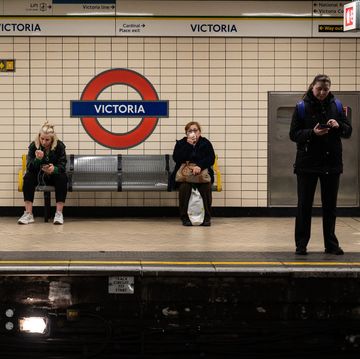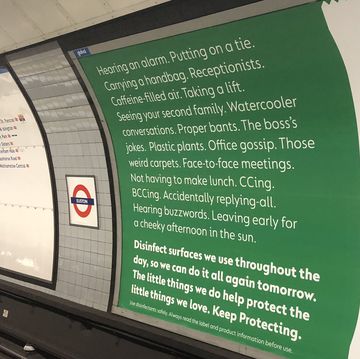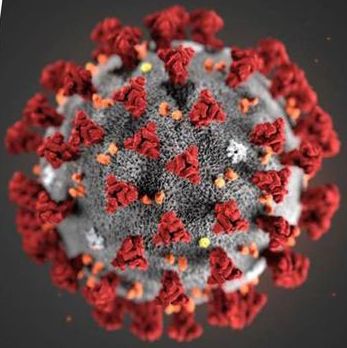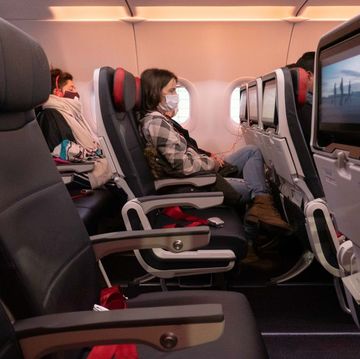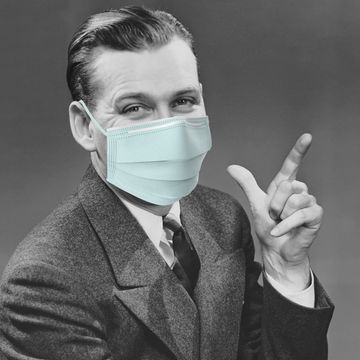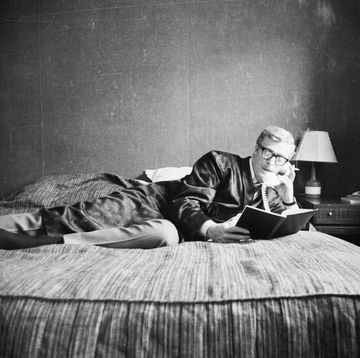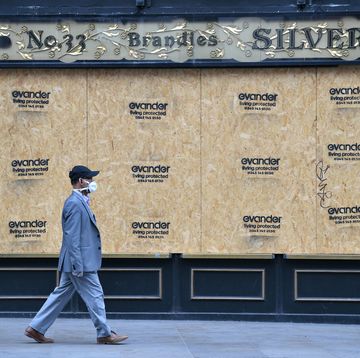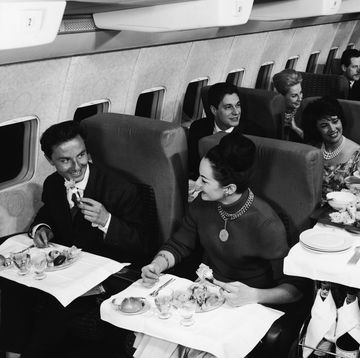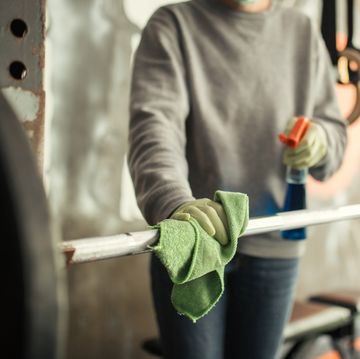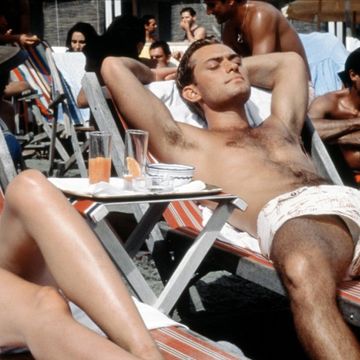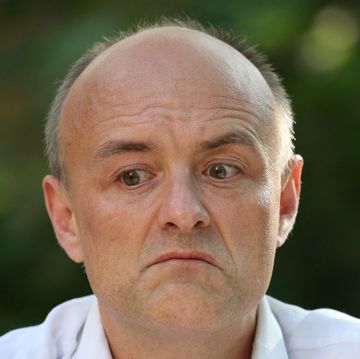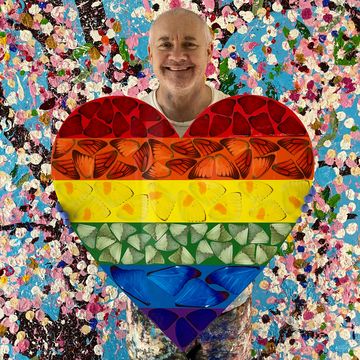It's a strange time indeed when the internet can offer more comfort and positivity than straying out into the real world. In the last week, as restaurants, pubs, clubs and cinemas across the world have shuttered up, and museums and gyms have become ghostly, the internet has – for the first time in a long time – become the only safe place to hang out.
While the news can feel like being sucked into a sync hole of panic – step away! – but in other corners of the internet it is providing a force for good, one where people come together to support each other through a truly strange time, or signpost the best ways to help the people who need it most.
Chef and cookbook author Alison Roman, who often shares images of people making her viral stew recipe or hosts Q&As where people can ask for tips about making her shallot and anchovy pasta, has been using her Instagram to answer helpful questions like which vegetables last the longest in your cupboard.
Her video-broadcast answers yesterday, which showed her making a crispy, gooey lasagna (with the dog ear Instagram filter on), were soothing for their air of calm preparation. Most reassuring of all was her advice against freezing her brothy beans recipe, assuring viewers they would last a week in the fridge. Her anti-doomsday attitude offered a welcome respite from the churn of panic advice telling you to bulk buy enough pitta bread to last a year.
Meanwhile on Twitter, #ViralKindness has been trending after a couple shared a template that you can drop through the doors of people in your area offering to pick up shopping or buy medical supplies for those who are self-isolating. This weekend, my Instagram Stories were punctuated with friends writing out notes to neighbours they hadn't met before to offer everything from a food shop to a phone call. True, these things are happening offline, and also true, sharing them online might be classed as 'virtue signalling', but the internet is helping to shine a light on the small acts of kindness that make people feel less alone, and (hopefully) encourages others to do the same.
This week The Telegraph will host a live group viewing of "uplifting" musical La La Land, encouraging their readers to all press play on the Netflix film at 3pm on Tuesday 17 March and comment on a simultaneous live conversation on the newspaper's website. In Copenhagen, CPH:DOX film festival reacted to their cancellation by moving the event online, offering 40 films and 18–20 talks and debates online to users with a Danish IP address for a fraction of the festival ticket price.
In Italy, a country in the midst of skyrocketing cases of Covid-19, people have rallied around the phrase 'andrà tutto bene' ('everything will be alright') with the hashtag of the phrase showing fresh pasta being rolled and painted signs displayed on balconies. PornHub has even made its premium service available for free to all in Italy during the lock down. Touching stuff, truly.
As restaurants and bars all around the world close, people are looking for ways to keep small businesses afloat during the turbulence. New Yorker food correspondent Helen Rosner has been sharing links to restaurant merchandise, like taco tote bags and ice cream café hoodies, which you can buy to provide some revenue while their doors are forcibly closed. Meanwhile GoFundMe pages or links to restaurant gift cards have been widely shared in order to support pubs and restaurants in the UK.
The internet is so often seen as bringing out the worst impulses in us and encouraging us to treat each other badly. It has been held responsible for pulling us away from the world in front of us and toward screens and devices that can mean we forget how we treat the people on the other side. It takes a crisis like this, where our human interactions are forced online even more than usual, to show that the internet can be a force for good and a vehicle for kindness.
There is fake news and there are liveblogs of death tolls, but there are also designers making graphics to explain what we can do to flatten the infection curve, creatives sharing the profiles of freelancers to help them as their work dries up, or groups like Beauty Banks raising £70,000 to buy basic hygiene products for people living in poverty. If one thing remains whenever the world does returns to normal, let's hope it is finding ways to use the internet that help people feel safe, cared for and part of a bigger community.
Like this article? Sign up to our newsletter to get more delivered straight to your inbox


